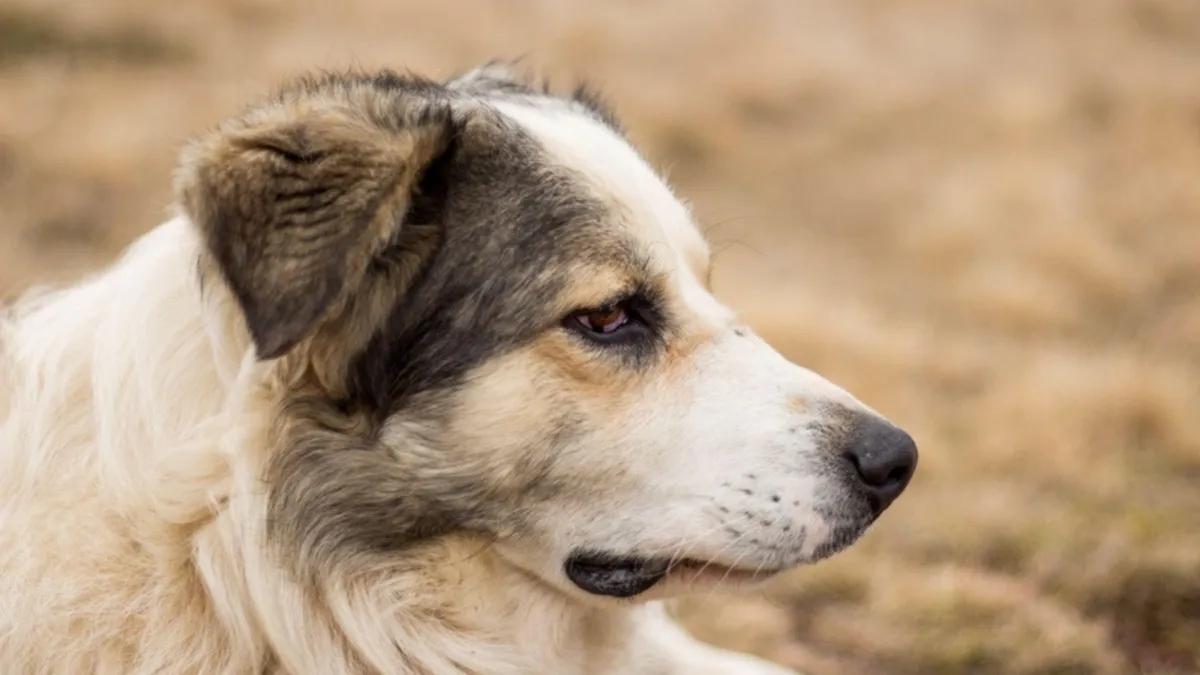
Hydatids and Dogs: What Lifestyle Farmers Need to Know
Hydatids is a serious zoonotic disease caused by the tiny tapeworm Echinococcus granulosus, which lives in the intestines of dogs. Although New Zealand was declared provisionally free of hydatids in 2002, lifestyle farmers still need to understand how this parasite spreads and the risks it poses to people, livestock, and working dogs. This is especially important for anyone processing their own meat or feeding raw offal to dogs.
How Hydatids Spreads
The life cycle of Echinococcus granulosus involves two main hosts:
Dogs are the definitive host. They carry the adult tapeworm in their gut and shed eggs in their faeces.
Sheep, cattle, and occasionally pigs or deer are intermediate hosts. They ingest the eggs while grazing, and the parasite forms cysts in their organs, particularly the liver and lungs.
Dogs become infected by eating raw offal that contains these cysts. Once infected, they can shed tapeworm eggs into the environment for months, contaminating pasture, soil, and water sources.
Risks to Humans
Humans are accidental hosts. Infection can occur through handling infected dogs or contact with contaminated soil, dog fur, or water. Children are particularly at risk because of close contact with dogs and inconsistent hand hygiene.
Hydatid cysts in humans can cause serious illness. Symptoms depend on where the cysts form, often in the liver or lungs. Treatment usually requires surgery and can be dangerous if cysts rupture and spread within the body. In some cases, the disease can be fatal.
Why It Still Matters
Although no fertile hydatid cysts have been found in New Zealand livestock since the early 2000s, the risk has not been completely eliminated. Importing infected animals, feeding raw offal to dogs, or contact with wild or feral animals could reintroduce the parasite.
What Lifestyle Farmers Should Do
To reduce the risk of hydatids on your block:
Never feed dogs raw sheep or goat offal. Cook it thoroughly (to at least 72°C) or freeze it for at least 7 days at -20°C to kill any parasites.
Drench dogs regularly with a cestocidal wormer such as praziquantel. Aim to dose every 4 to 6 weeks, especially if dogs are working on sheep or goat properties.
Practice good hygiene. Wash hands after handling dogs or working outdoors.
Supervise children closely and teach them hygiene habits.
Limit access to raw meat or carcasses, particularly if you home-kill or source home-killed meat from others.
Work with your vet to set up an appropriate worming schedule for your dogs.
Protecting the Future
New Zealand’s provisional hydatids-free status was hard-won. Every lifestyle farmer has a role to play in keeping the parasite out of the country. By following a few practical steps, you can protect your animals, your family, and your neighbours.
For more information, visit deernz.org.nz or MPI.

